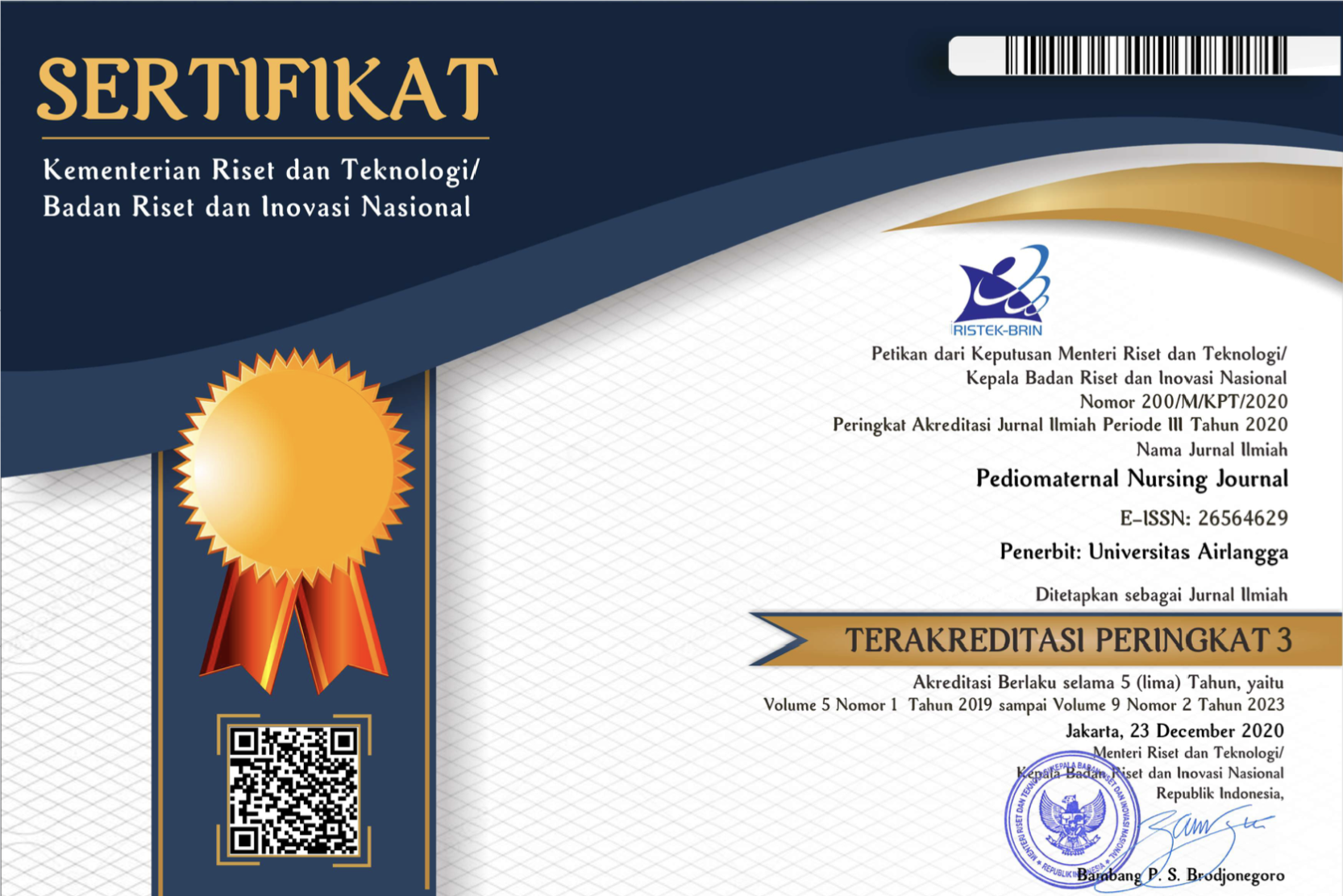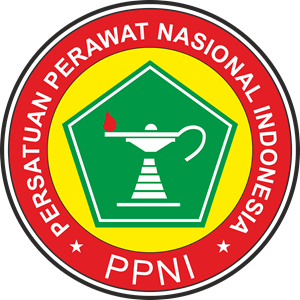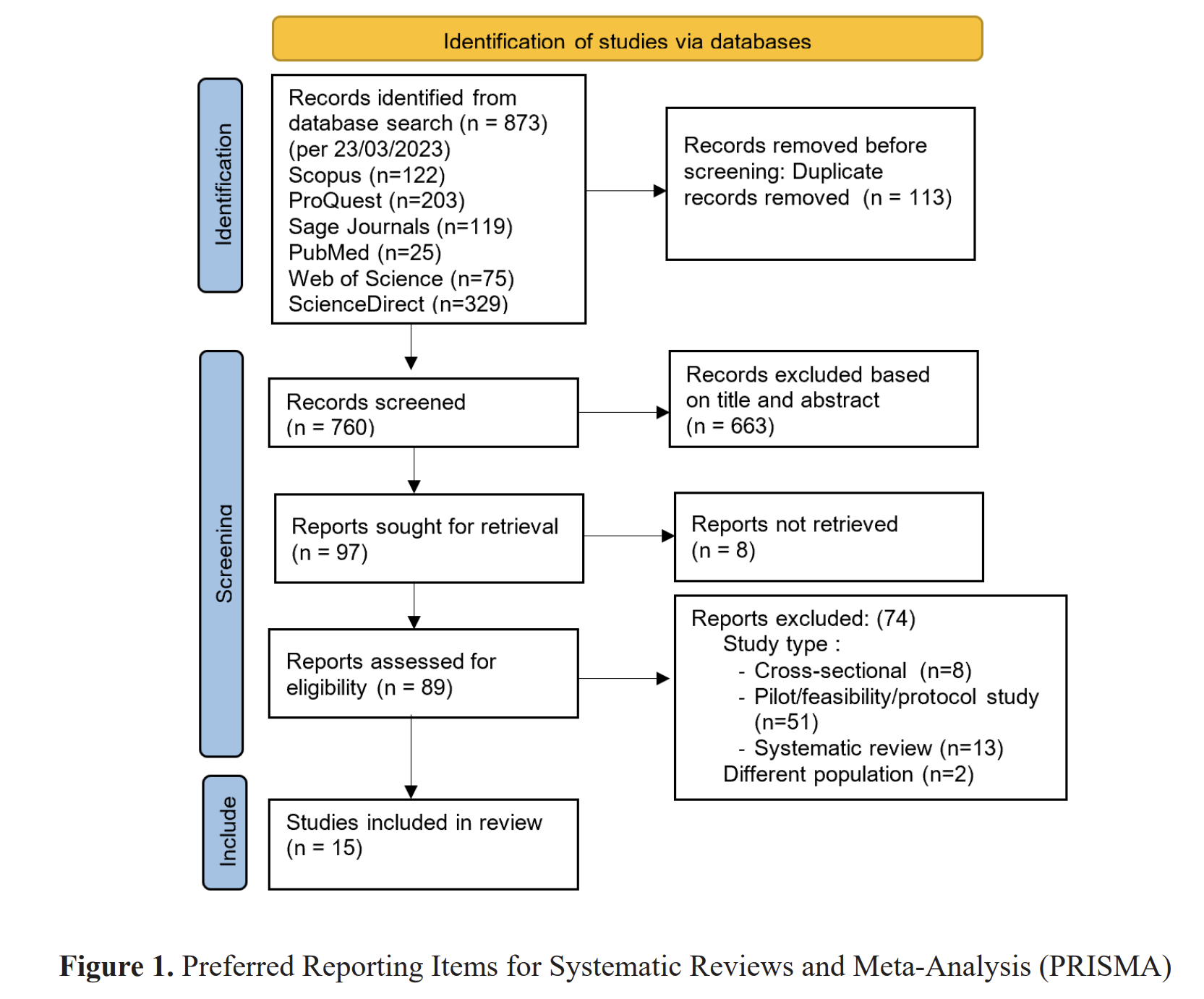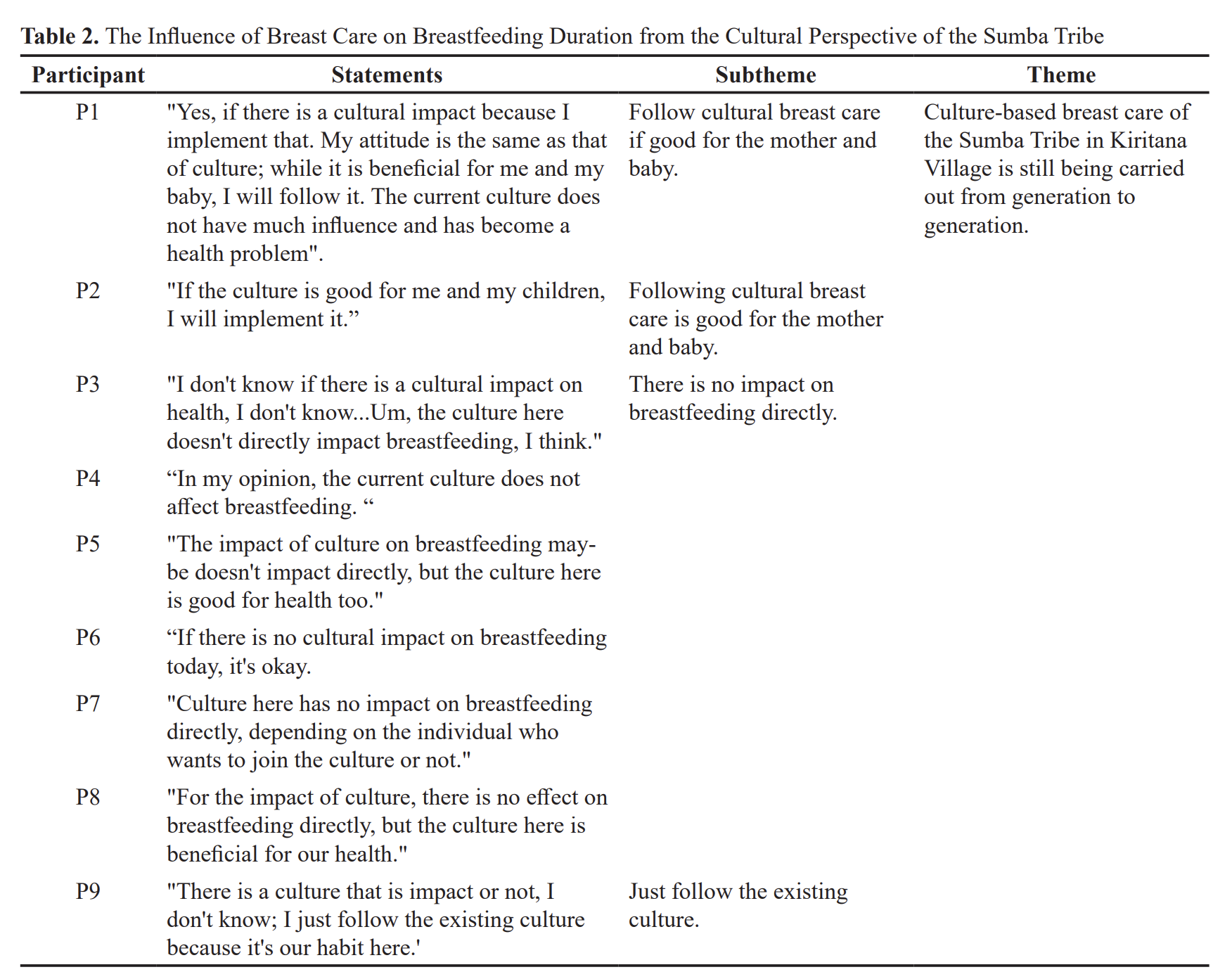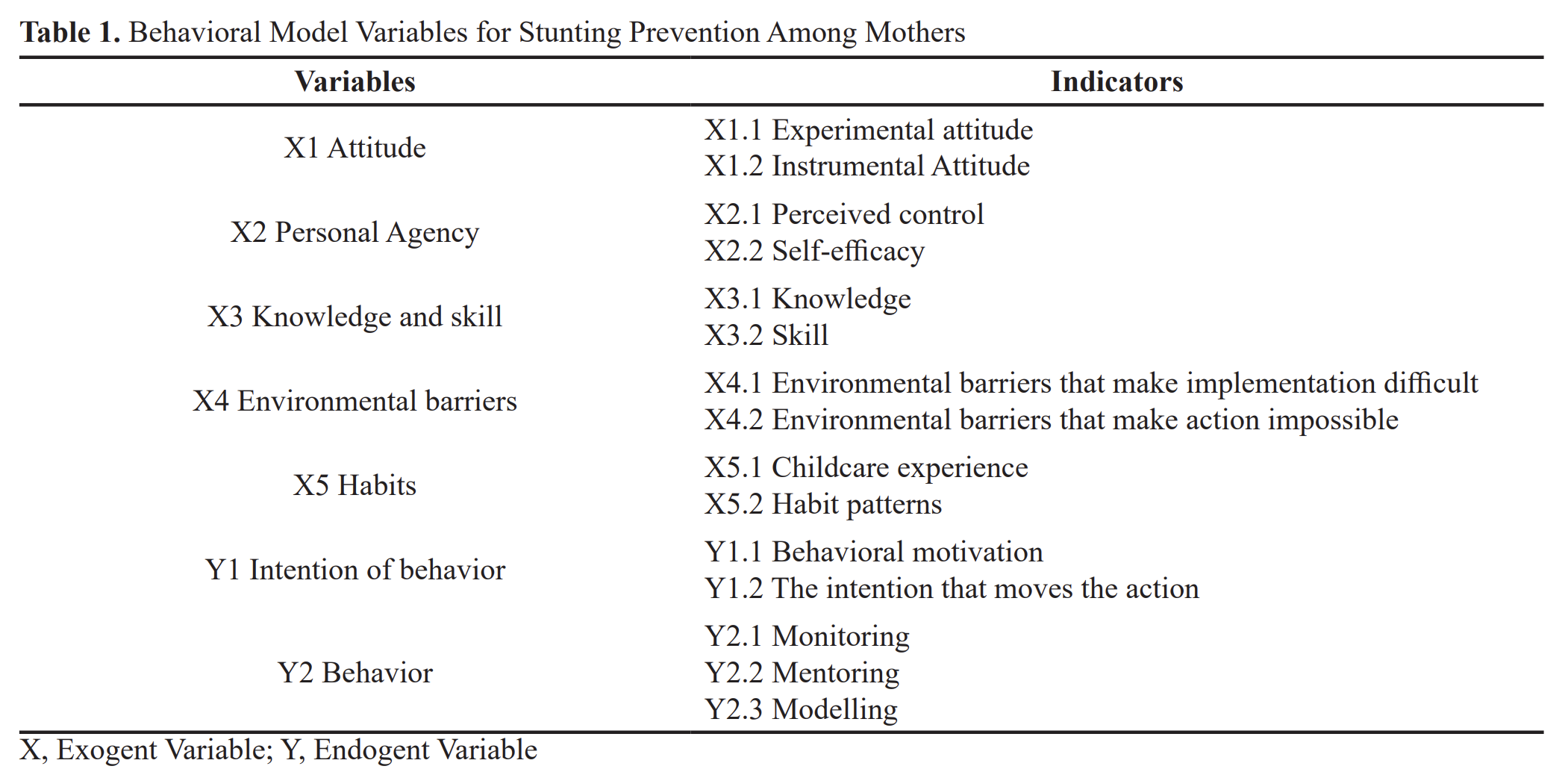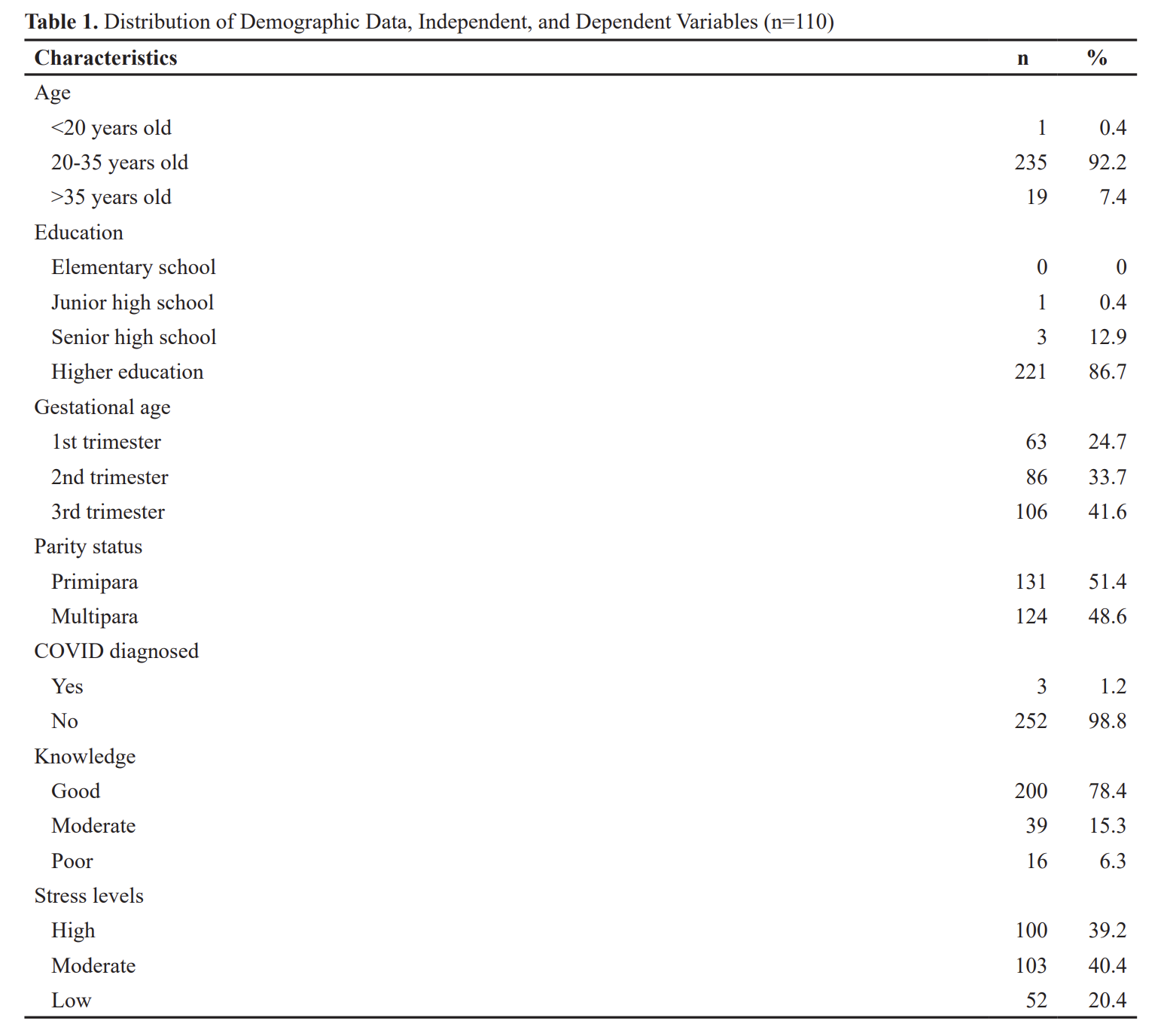Peer Review & Policy Process
Peer Review Policy & Process
PMNJ's peer-review policy upholds high publication ethics and supports ethical research. Reviewers follow the COPE Ethical Guidelines for Peer Reviewers, which ensure the integrity of scholarly work through trust and ethical conduct. These guidelines provide fundamental principles and standards for reviewers, offering valuable guidance to researchers, assisting journals and editors, and serving as an educational resource for institutions.
Type of Peer Review
In "double blind" reviewing, which is used by the Pediomaternal Nursing Journal, the referees remain anonymous to the author(s) both before and after the refereeing process, and the author(s)' identities are also kept a secret from the reviewers. We advise the author to provide the title page”which includes a complete list of the authors”as a separate document. The author's guidelines include the templates.
How the Referee is Selected?
Referees are assigned to papers based on their areas of expertise whenever possible. as we regularly refresh our database of reviewers. The author(s) are invited to offer referees to PMNJ, albeit these suggestions are not required to be followed. A minimum of two impartial reviewers will independently examine the manuscript. The editor will then make the final choice.
Referee reports
Referees are requested to assess the following in the manuscript:
- Has original ideas and a unique methodology (including data)
- Is the methodology sound?
- Results that are well-presented and provide evidence for the conclusions
- Correctly and completely cites prior, significant works
- Adheres to moral standards, especially those relating to plagiarism
- Indubitably advances the state of the field's knowledge and understanding
Referees are invited to advise language and style changes to the submission even though language correction is not a requirement for peer review. The managing Editor will check for linguistic and stylistic accuracy in the final round and may then advise or make revisions. In exceptional circumstances, the text might be sent back to the author(s) for an extensive language and stylistic correction.
Peer Review Process
After getting a request to evaluate a journal article through email. Whether able to review the manuscript or not, the referee must react by clicking the link to the referee's response. The referee can then proceed with the website's instructions after that. The referee has the option to upload a file with the comments or fill out the author comments field. Each reviewer must make a judgment call at the outset by selecting one of the options below.
- Accept Submission: The manuscript satisfies the requirements and is prepared for publishing.
- Revisions Required: Minor revision (can be re-reviewed by the referee or accepted by editor).
- Resubmit for Review: Major revision (need rounder peer-review process)
- Resubmit Elsewhere: Doesn't seem to suit the topic or scope of the journal.
- Decline or Reject Submission: Reject the submission as having several flaws and not meeting journal standards.
How Long Does the Review Process Take?
Depending on how the referees respond, the review procedure could take a while. For the PMNJ, the first round of the refereeing process usually takes two weeks but can take up to four weeks.
Final report
The author will get a final decision on whether to accept or reject the work, along with the referees' recommendations and (if applicable) their verbatim remarks.
The Editor's decision is final
The Editor, who makes the final decision on whether to accept or reject the article, is advised by the referees.

